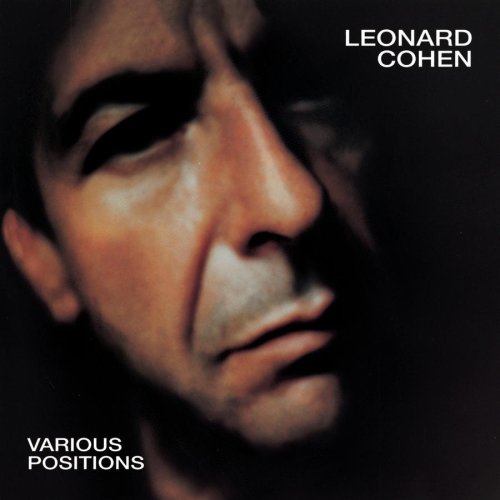
Some songs are often covered and perhaps the biggest offender in the last twenty years has been Leonard Cohen’s “Hallelujah.” Cohen’s gravelly roadweary voice is not as marble-mouthed as Dylan, but still is an acquired taste (I love him). But his lyrics stand on their own as literary erotic odes to the place where sex and death meet. “Hallelujah” is a song that resurfaced as a cover by the tragically short-lived singer Jeff Buckley, than again in an elegant cover by Rufus Wainwright used to great emotional effect (I’m so serious) in a pivotal moment in the first Shrek movie (back when computer animation making us weepy was still new). k. d. lang – the Canadian national treasure that I would listen to if she sang the phone book – covered it as part of her 2004 Hymns of the 49th Parallel album that explored the best of Canadian songwriters (Cohen’s songs appeared along with Joni, Neil Young, Jane Siberry and others). “Hallelujah” has become a TV and movie shorthand for intense emotion, for sadness and deliverance, and has been covered by everyone including Imogen Heap, Justin Timberlake and Paramore. I love the versions by Leonard, Rufus, Jeff and k.d . lang, but I would also like to throw in the ring perhaps the most eccentric and bizarre. And one of my personal favorites.
The Tower of Song album is a compilation of Cohen covers that features some of my favorite renditions of his work, especially Suzanne Vega’s “Story of Isaac” and Tori’s “Famous Blue Raincoat.” The most intriguing interpretation is Bono of U2’s version of “Hallelujah.” Tower of Song was an album my parents listened to before I knew who Leonard Cohen was and before the lines of “Hallelujah” were seared onto my brain. But that doesn’t really matter because this is “Hallelujah” sung and spoken out of desperation. Bono whispers the lyrics like spoken word poetry or a letter someone left him while he was sleeping but the chorus of Hallelujah’s breaks through in a haunting falsetto backed by the warped sounds of guitars and synths and jazzy brass. If other covers refashion the song to be about redemptive love and loss, this is keening in a dark alley, this is a haunting, this is a singer at a bar you never want to go to where you drink until you end up having sex that’s sad and pitied. When I was little and even now those anguished “Hallelujah’s” cycle through my brain backed by the song of a saw or a guitar string warped and bending in the coming storm.